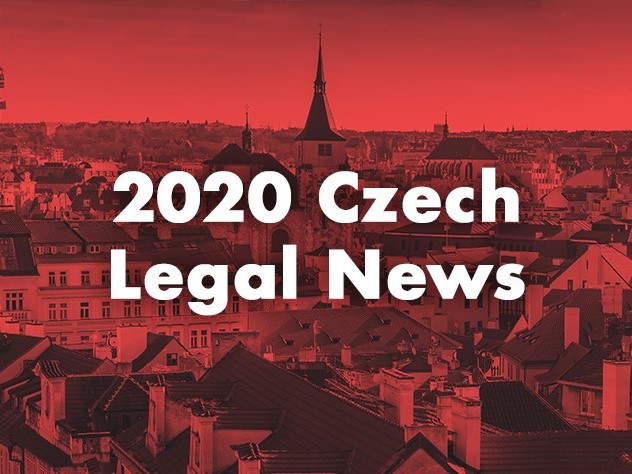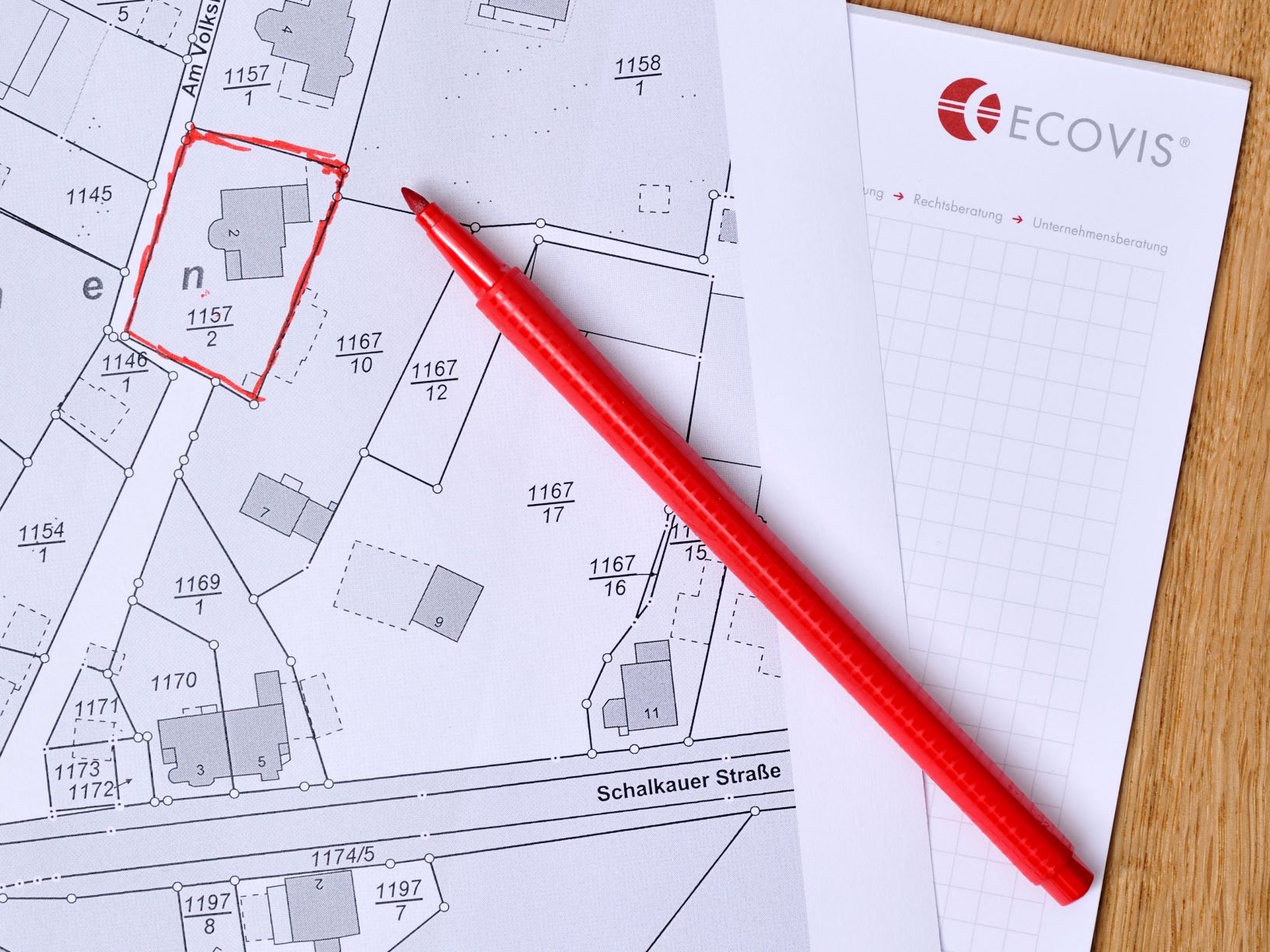The possibilities of placing a child with the family member in the Czech Republic
There are various possibilities and procedure, under which a child can be placed with the family member in the Czech Republic. What order would be required in the Czech Republic to prevent the family within another attending the Czech Republic removing the child from the care of the family member and what order or arrangement could secure support and assistance from the Czech Local Authority children’s services?
The issue at question is regulated within Czech law in several different acts. The Czech Act No. 89/2012 Coll., the Civil Code, defines in Sections 869-871 the types of restrictions parental responsibility and in Section 928 et seq. the forms and conditions of substantive family care of a child (see our article x). The Czech Act No. 292/2013 Coll., on Special Proceedings (not available in English), in Section 452 et seq. deals with the proceeding concerning the court's care of minors, including interim measures and enforcement of decisions. The Czech Act No. 359/1999 Coll., on Social and Legal Protection of Children, includes the administration dimension of the children’s care. Then the Czech Act No. 91/2012 Coll., on Private International Law, regulates in Section 53 et seq. the conflict of law concerning the relationship between parents and children. The 1996 Hague Convention on Jurisdictio, Applicable Law, Recognition, Enforcement and Co-operation in Respect of Parental Responsibility and Measures for the Protection of Children may also provide necessary assistance in determining jurisdiction in cases where the EU law is not applicable.
Proceedings concerning children’s care with an international element
Proceedings in which the court restricts parental responsibility or limits or deprives the parent’s right to contact his or her child are regulated as uncontested proceedings under Section 466(d) and (e) of the Special Proceedings Act. Jurisdiction for proceedings under Section 467(1) is the ordinary court of the minor child, which means the district court in the district where the minor resides, as referred to in Section 4(2). As a rule, the motion is filed with the court by the competent authority of social and legal protection of children, i.e., according to Section 14(1) of the Social and Legal Protection of Children Act, the municipal authority of the municipality with extended competence. However, the motion may also be filed by a parent or other person responsible for the child's upbringing. Such a motion must be accompanied by a report on the discussion of the matter with the parents or other persons responsible for the upbringing of the child, the approval of appropriate measures or the statements governed by Subsections 2 to 4 of Section 14 of the same Act. The court shall decide on the merits by judgment.
In addition to the standard procedure, there is also the possibility, in extraordinary cases, of applying for a provisional adjustment of the child's circumstances by way of a preliminary measure. This can be used if the child is in a state of lack of proper care or if the child's life, normal development or important interests are seriously endangered or have been impaired, in accordance with Section 452 of the Special Proceedings Act. The court shall regulate the child's circumstances by a preliminary measure for the necessary period of time, namely, pursuant to Section 459, for a period of 1 month from its execution, or for 3 months in the case of a foster care placement, and may extend the measure in accordance with Section 460. The court shall decide on such an application without delay, within 24 hours of its submission at the latest.
Relation between the Czech and foreign authorities and the reciprocial effect of their decisions
If the proceedings are related to a foreign country, the Office for International Legal Protection of Children may also be involved in the process. According to Section 35 of the Social and Legal Protection of Children Act, the Office performs the position in implementing treaties related to the social and legal protection of children. Its competence extends to children who mainly are not citizens of the Czech Republic but reside on its territory, or who are citizens of the Czech Republic but live abroad. It is particularly active in the process of international adoption, where it acts as a proxy, ascertains the social environment and family circumstances in which the child lives, and grant an approval to the adoption of the child abroad. It may also perform as the child's tutor.
If the relationship is between the Czech Republic and a non-EU country, the specific circumstances will determine the international jurisdiction of the court. Under the Private International Law Act, the applicable law is stipulated in the relevant treaty, which is the aforementioned 1996 Hague Convention on Parental Responsibility, if both of the relevant countries are parties to the Convention. Under Art. 5(1) of the Convention, the authorities of the state where the child is habitually resident have jurisdiction to take measures directed to the protection of the child’s person or property. However, Art. 8 sets out that, exceptionally, an authority of another state which would be better placed to assess the best interests of the child in a particular case may also claim jurisdiction to take such measures as it considers necessary. The request may also be made through the competent central authority of the state. However, under Art. 11, in urgent cases, the authorities of the state in whose territory the child or property is located may take the necessary measures to protect the child. In accordance with Art. 15(1), the applicable law is that of the state of the determining authority, but under subs. 2, the law of another state with which the situation has a substantial connection may also be used.
If some Czech or foreign authority decides in certain case under the Hague Convention, this measure shall be recognised by operation of law in the other state, too. Exceptions to that rule are enumerated in Art. 23(2):
(i) The Authority lacks sufficient powers;
(ii) The child has not been given the opportunity to be heard;
(iii) The person whose parental responsibility is infringed with the measure has not been
given the opportunity to be heard;
(iv) The recognition is clearly contrary to public order;
(v) The measure is inconsistent with another measure issued in a non-Contracting State and the measure fulfils the requirement stipulated by the Convention.
For more information, contact us at:
JUDr. Mojmír Ježek, Ph.D.
ECOVIS ježek, advokátní kancelář s.r.o.
Betlémské nám. 6
110 00 Praha 1
e-mail: mojmir.jezek@ecovislegal.cz
www.ecovislegal.cz
About ECOVIS ježek advokátní kancelář s.r.o.
The Czech law office in Prague ECOVIS ježek practices mainly in the area of Czech commercial law, Czech real estate law, representation at Czech courts, administrative bodies and arbitration courts, as well as Czech finance and banking law, and provides full-fledged advice in all areas, making it a suitable alternative for clients of international law offices. The international dimension of the Czech legal services provided is ensured through past experience and through co-operation with leading legal offices in most European countries, the US, and other jurisdictions. The Czech lawyers of the ECOVIS ježek team have many years of experience from leading international law offices and tax companies, in providing legal advice to multinational corporations, large Czech companies, but also to medium-sized companies and individual clients. For more information, go to www.ecovislegal.cz/en.
The information contained on this website is a legal advertisement. Do not consider anything on this website as legal advice and nothing on this website is an advocate-client relationship. Before discussing anything about what you read on these pages, arrange a legal consultation with us. Past results are not a guarantee of future results, and previous results do not indicate or predict future results. Each case is different and must be judged according to its own circumstances.














